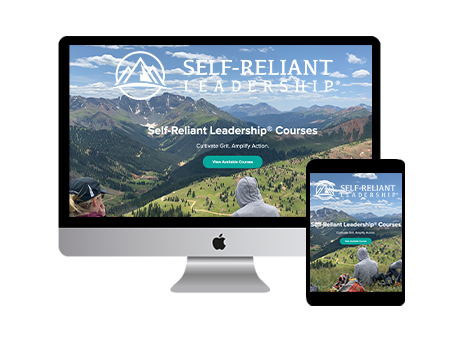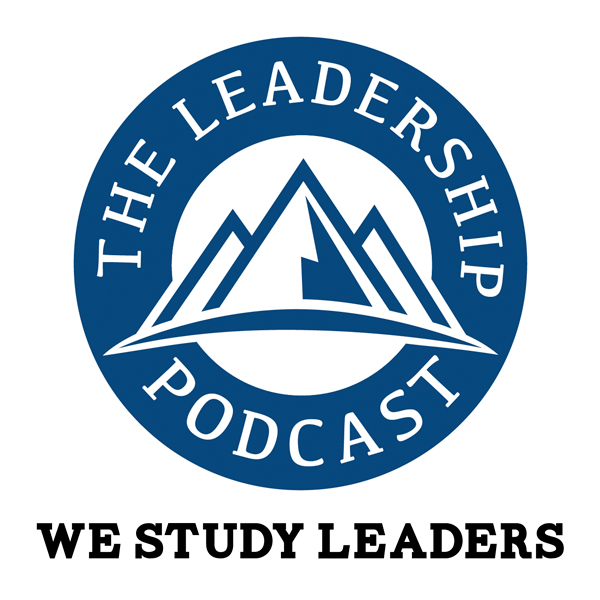 I recently led a discussion for a group of executives on “The Ethical Leader.” We discussed six dimensions of leadership decision making as strategic, financial, moral, ethical, cultural, and legal. Four of the six are directly related to ethical stewardship, so a review of the definitions may be helpful:
I recently led a discussion for a group of executives on “The Ethical Leader.” We discussed six dimensions of leadership decision making as strategic, financial, moral, ethical, cultural, and legal. Four of the six are directly related to ethical stewardship, so a review of the definitions may be helpful:
Morals – A person’s standards of behavior or beliefs concerning right and wrong.
Ethics – Moral principles that govern a person’s or group’s behavior.
Culture – The values and behaviors that contribute to the unique social and psychological environment of an organization (what is).
Legal – Appointed or required by the law: “a legal requirement.”
What about values?
Organizational Values – The acceptable standards that govern the behavior of individuals within the organization (what should be).
The definitions above contain a great deal of overlap, and are certainly open for philosophical debate, but let’s take a leader’s real-world perspective on ethics and borrow work from Jim Clawson. He says that Ethical Leadership is based on four cornerstones:
1. Truth-telling – Is it OK for front-page news?
2. Promise-keeping – Under any circumstances?
3. Fairness – Not deceiving yourself to think “others” are unreasonable?
4. Respect for the individual – Present and in the moment?
Easy to understand, right? But remember, these cornerstones are really only tested during crucibles.
Peter Drucker famously said the business enterprise has only two basic functions—marketing and innovation. That is, get work, and do work. Towards that end, leaders need to leverage the talents of individuals in a way that people follow willingly. And people want honest leaders first and foremost.
When you lead without letting “extenuating circumstances” divert you from the four cornerstones – 100% of the time – you will nourish the following characteristics in those you lead:
- Personal Responsibility
- Pride in Ownership
- Self-control/discipline
- Self-awareness
- Self-reliance
When you contribute to fully developing your team’s character, you’ll see employee satisfaction, fulfillment and even happiness increase. It also raises “the acceptable standards that govern the behavior of all the individuals within the organization.” Enhanced teamwork results along with improving the execution of your vision and strategy. You see, modeling the four cornerstones strengthens individual and team self-reliance and rewards the ethical leader!






